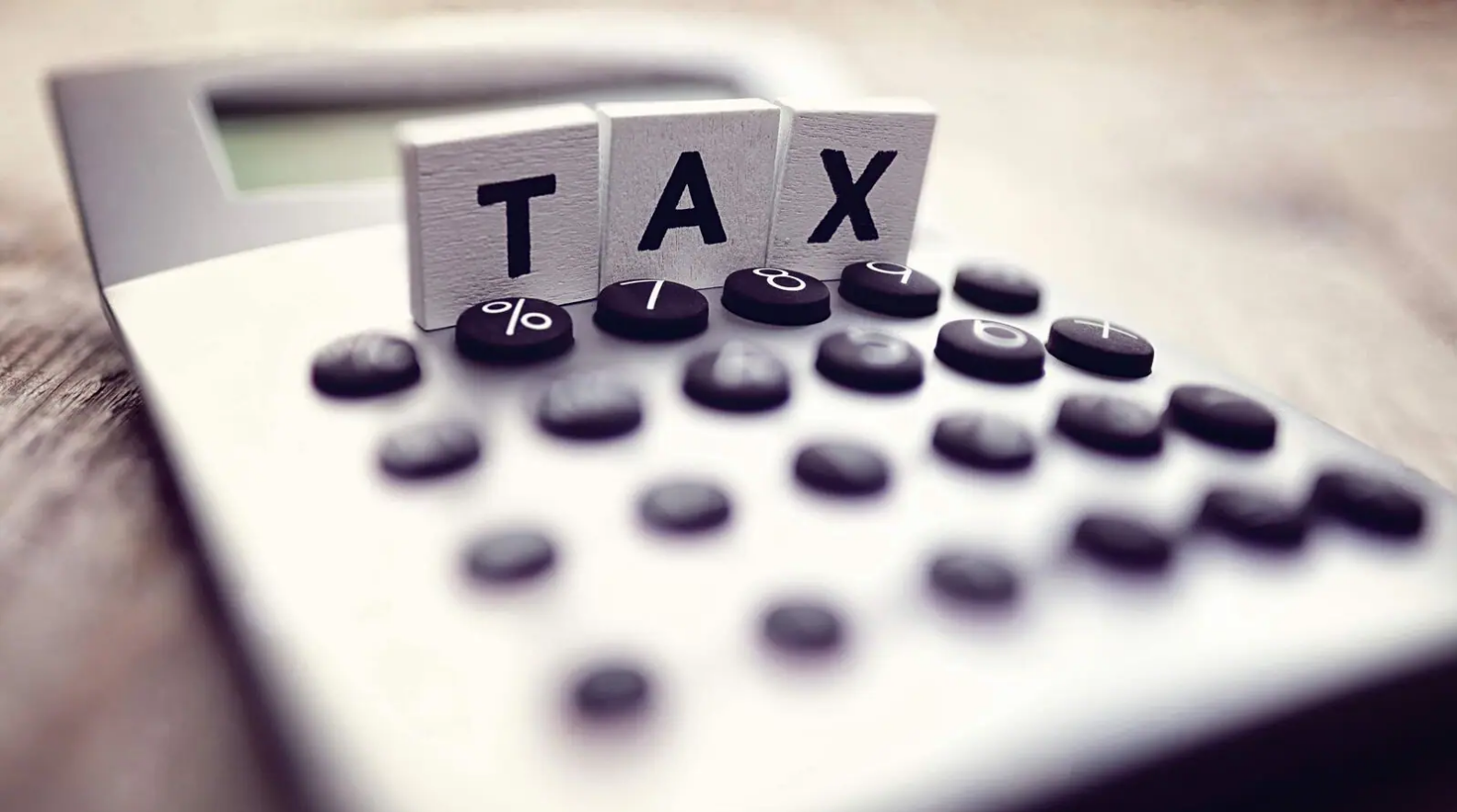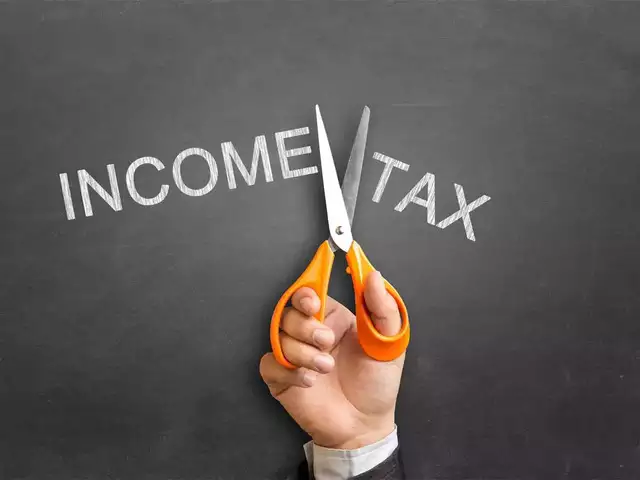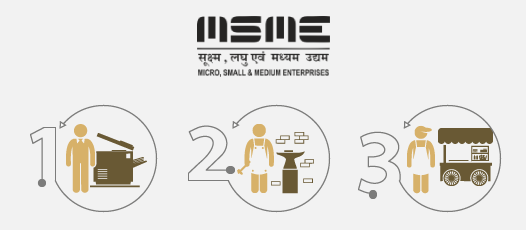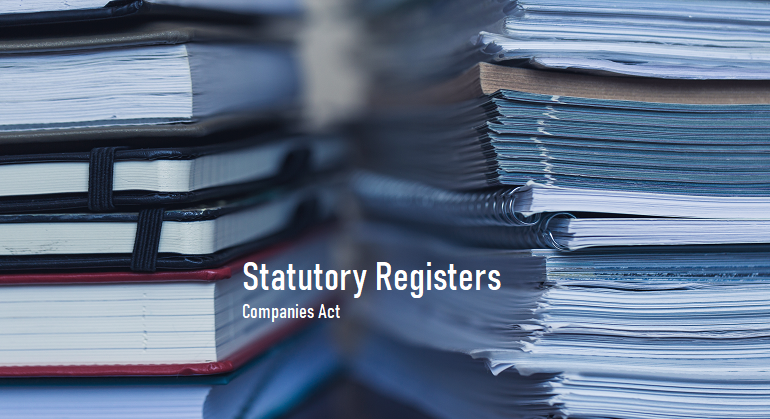Individual Tax Rate
OLD REGIME TAX RATE Vs. NEW REGIME TAX RATE
Assessment Year 2023 - 24
In the Assessment year 2023 – 24 an assessee has the option to choose the tax rate under the Old Regime Tax Rate or New Regime Tax Rate as per his/her choice. Before opting for the New Regime Tax the assessee has to file a Form 10-IE within a prescribed time period.
Difference between the Old Regime Tax and New Regime Tax
1. Under the old regime tax the assessee can claim deductions under various sections of the Act which are not allowed in the New regime tax
2. Difference in the tax rates
3. An individual assessee having Salary Income has to file a Form 10IE before or at the time of filing of ITR for opting for the New Regime Tax
4. Any other assessee has to file Form 10IE before the due date of filing of return or any date as specified by the Government
5. An assessee other than an Individual assessee not having income under the head Business and Profession cannot shift to Old Regime Tax once opted for New Regime Tax
Tax Rate
Old Regime Tax Rate
|
Total Income declared upto |
Individuals & HUF aged below 61 years |
Individuals & HUF aged between 61 and 80 years |
Individuals & HUF aged above 80 years |
|
Upto Rs. 2,50,000/- |
Nil |
Nil |
Nil |
|
Rs. 2,50,000/- to Rs. 3,00,000/- |
5% |
Nil |
Nil |
|
Rs. 3,00,000/- to Rs. 5,00,000/- |
5% |
5% |
Nil |
|
Rs. 5,00,000/- to Rs. 10,00,000/- |
20% |
20% |
20% |
|
Above Rs. 10,00,000/- |
30% |
30% |
30% |
New Regime Tax Rate u/s 115BAC
|
Total Income Declared upto |
Tax rate |
|
₹0-₹2,50,000 |
Nil |
|
₹2,50,000 -₹5,00,000 |
5% |
|
₹5,00,000-₹7,50,000 |
10% |
|
₹7,50,000-₹10,00,000 |
15% |
|
₹10,00,000-₹12,50,000 |
20% |
|
₹12,50,000-₹15,00,000 |
25% |
|
Above ₹15,00,000 |
30% |
Deduction “not allowed” under the New Regime Tax
- Leave Travel Allowance (LTA)
- House Rent Allowance (HRA)
- Standard deduction
- Conveyance allowance
- Daily expenses in the course of employment
- Relocation allowance
- Helper allowance
- Children education allowance
- Other special allowances [Section 10(14)]
- Professional tax
- Interest on housing loan (Section 24) for self-occupied property
- Deduction under Chapter VI-A deduction (80C,80D, 80E and so on) (Except Section 80CCD(2))
Deductions “allowed” under New Regime Tax Rate
- Transport allowance for specially-abled people
- Conveyance allowance for expenditure incurred for traveling to work
- Investment in Notified Pension Scheme under section 80CCD(2)
- Deduction for employment of new employees under section 80JJAA
- Depreciation u/s 32 of the Income-Tax Act except for additional depreciation.
- Any allowance for traveling for employment or on transfer
- Individuals with Net taxable income less than or equal to Rs 5 lakh will be eligible for tax rebate u/s 87A.
- Interest on housing loan (Section 24) for letting out property
Surcharge Rate
Surcharge is an additional charge levied for persons earning Income above the specified limits, it is charged on the amount of income tax calculated as per applicable rates
- 10% - Taxable Income above ₹ 50 lakh – up to ₹ 1 crore
- 15% - Taxable Income above ₹ 1 crore - up to ₹ 2 crore
- 25% - Taxable Income above ₹ 2 crore - up to ₹ 5 crore
- 37% - Taxable Income above ₹ 5 crore
Health & Education cess
Health & Education cess at the rate 4% needs to be paid on the amount of income tax plus Surcharge (if any)
Note:
- Surcharge and cess are applicable in addition to the tax calculated above under both the tax regime
- Rebate u/s 87-A Resident Individual whose Total Income is not more than ₹ 5,00,000 is also eligible for a Rebate of up to 100% of income tax or ₹ 12,500, whichever is less. This Rebate is available in both tax regimes.











